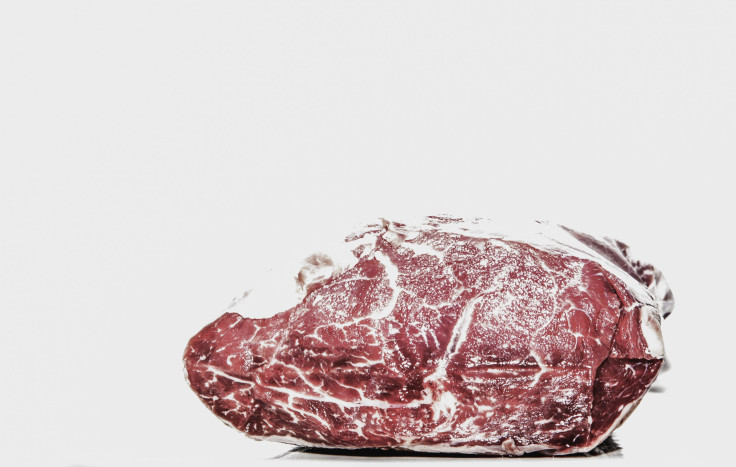5 Reasons Why A High-Protein Diet Can Be Dangerous To Your Health

Needless to say, protein is essential for growth, development and overall health. This essential component of a healthy diet makes you feel satiated, reduces fat, helps lose weight, and retain muscle mass. But there have been several risks associated with protein consumption when it is consuming excessively.
Recent trending diets such as the ‘Atkins’, ‘Paleo’ and ‘Keto’, are all typically high in protein and it is important to be aware of the risks of high-protein consumption before following such diet. Also, nutritional experts don’t recommend protein consumption to exceed the daily recommended range. Read below to find out the ill-effects of consuming a high-protein diet.
1. Long-term Weight Gain- Although high-protein diets have been used for weight loss and managing overweight and obesity, it is only short-termed. Excess protein gets stored as fat while the enormous amounts of amino acids get excreted. This can lead to weight gain over a period of time, particularly if you consume a lot of calories while you are on a high-protein diet. One study has reported an increased risk of body weight gain and overall mortality when carbohydrates were replaced by protein.
2. Can Cause Diarrhea or Leave You Constipated- Diets with excess protein that include very low amounts of carbohydrates usually contain very low amounts of fiber. It can thereby cause constipation. A 2016 study reported that 44% of the study participants were constipated as a result of consuming a high-protein diet. Also, the lack of fiber, when coupled with consumption of high-protein foods like dairy or processed food can result in diarrhea.
3. Increases Risk of Cancer- Consuming diets that contain surplus protein especially the red meat-based ones have been reported to cause an increased risk of cancer and cancer-related deaths. The study also suggested that replacing red meat with fish, nuts, legumes, poultry, whole grains, and low-fat dairy products reduced the mortality risk significantly. The World Health Organization (WHO) reported that red meat consumption can cause colorectal cancer, stomach cancer, pancreatic cancer, and prostate cancer.
4. Increases Your Risk of Heart Diseases- A 2010 research has reported that consuming high-protein foods like red meat or high-fat dairy increases one’s risk of coronary heart diseases, especially among women. And reducing or cutting down dietary red meat was reported to reverse the effects.
5. Can Cause Nutritional Deficiencies- Certain high-protein diets, especially those that restrict carbohydrates can cause nutritional deficiencies, insufficient fiber, and calcium loss. The loss of calcium can impact bone health and can put you at risk of osteoporosis. A 2013 research has reported that high-protein consumption and increased one’s risk of bone disorders.
© Copyright IBTimes 2024. All rights reserved.






















